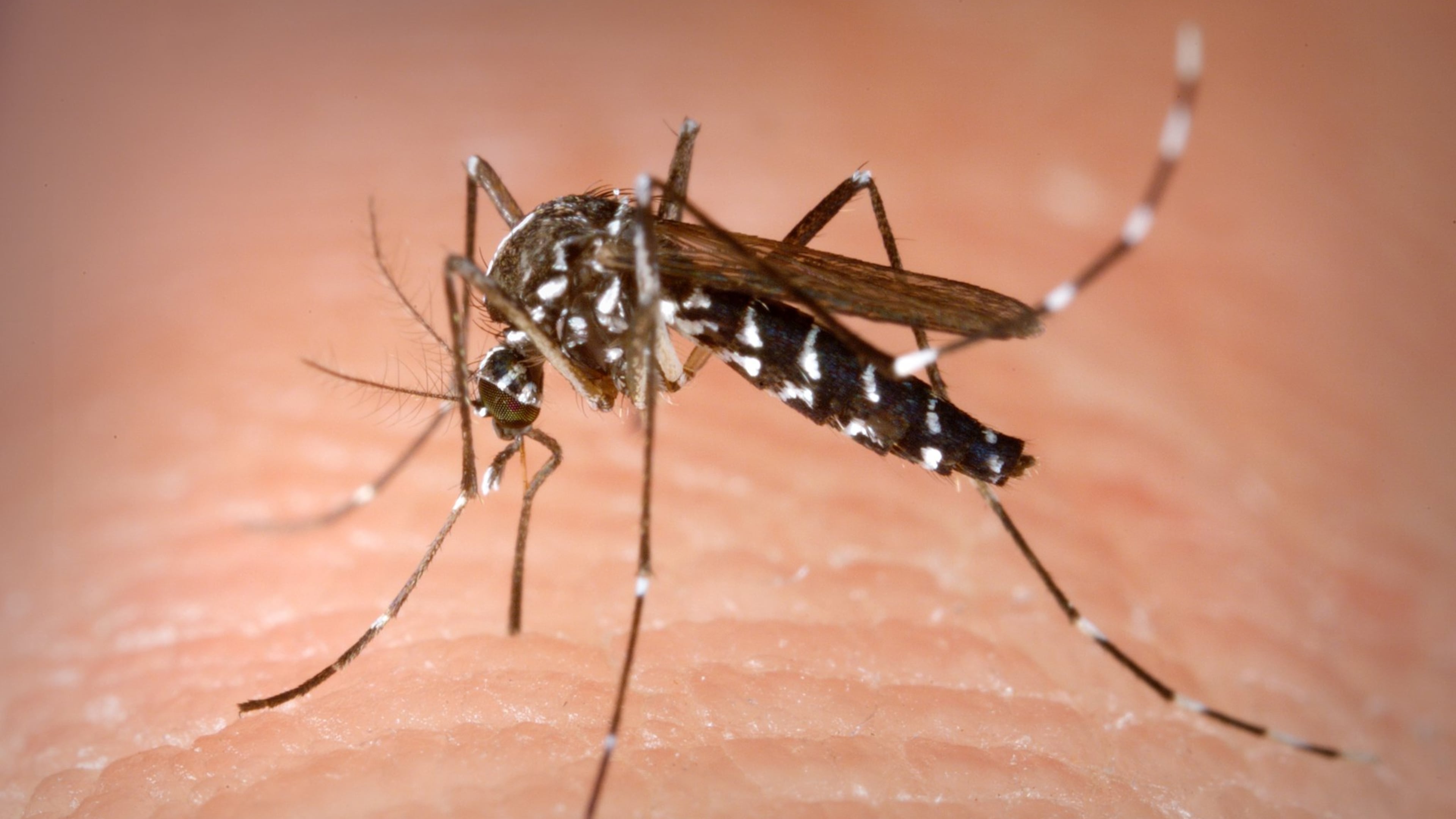Homemade mosquito repellent = hogwash

Q: I have been told that a mixture of mouthwash, Epsom salts and stale beer can be sprayed around your landscape to keep mosquitoes away. What do you think? Sheila Jobe, email
A: I think this is an excellent recipe for hogwash. For mosquito control, I don't believe it would have any effect. Mosquito repellents work by confusing smell sensors of the insect. Just a few chemicals are capable of doing this, including lemon eucalyptus oil, picaridin, and DEET. Keep an eye out for dirty pigs and spray your concoction on them.
Q: Can you spread a vinegar and salt solution under big pine and oak trees to kill the underbrush below them? Bethany Kingsley, email
A: Neither vinegar nor salt will kill the underbrush. Concentrated acetic acid, which smells like vinegar, might burn the leaves off the underbrush but it will re-sprout quickly. Salt could possibly kill the shrubbery if you put down lots of it … but if you apply enough salt to kill the underbrush, you'll hurt the tree roots as well. Acetic acid and sodium chloride are twice as toxic as glyphosate (Roundup). Why not use glyphosate carefully sprayed on the leaves of the underbrush to kill it? If you're looking for an organic option, a sharpened shovel or a heavy mattock will do a great job removing the woody plants you don't like.
Q: I am working to create permanent raised beds in my garden. I have been told that raised beds should not exceed 12 inches high because the soil becomes too hot and dry. Dennis Todd, Ephesus
A: Raised beds do dry out a little faster but that is because the soil in them is typically loose and well-drained, not because the soil gets hot. I commonly see successful raised beds where the sides are eight inches high and the soil has been loosened four inches beneath that. This gives a plant rooting area twelve inches high, which is plenty for vegetables.
Q: Could you tell me how and why kudzu and Chinese privet were brought here? Robert Leonard, email
A: Kudzu came from Japan to the United States at the Philadelphia Centennial Exposition in 1876. Importers thought it could be a nice flowering vine and a good grazing crop for farm animals. In the mid-1930's the Civilian Conservation Corps and southern farmers planted kudzu to reduce soil erosion. Kudzu grows very well in poor soil and even better in rich soil, leading to its invasive character across the South. Chinese privet was also introduced as an ornamental plant. The white flowers are pretty and the scent is sweet but the seeds are avidly consumed by birds and deposited in unwanted places anywhere there is a bit of soil. I have a humorous essay on how to grow kudzu at bit.ly/GAgrowkudzu.
Listen to Walter Reeves Saturday mornings on News 95.5 FM and AM750 WSB. Visit his website, www.walterreeves.com, follow him on Twitter @walterreeves, on Pinterest, or join his Facebook Fan Page at bit.ly/georgiagardener for more garden tips.

